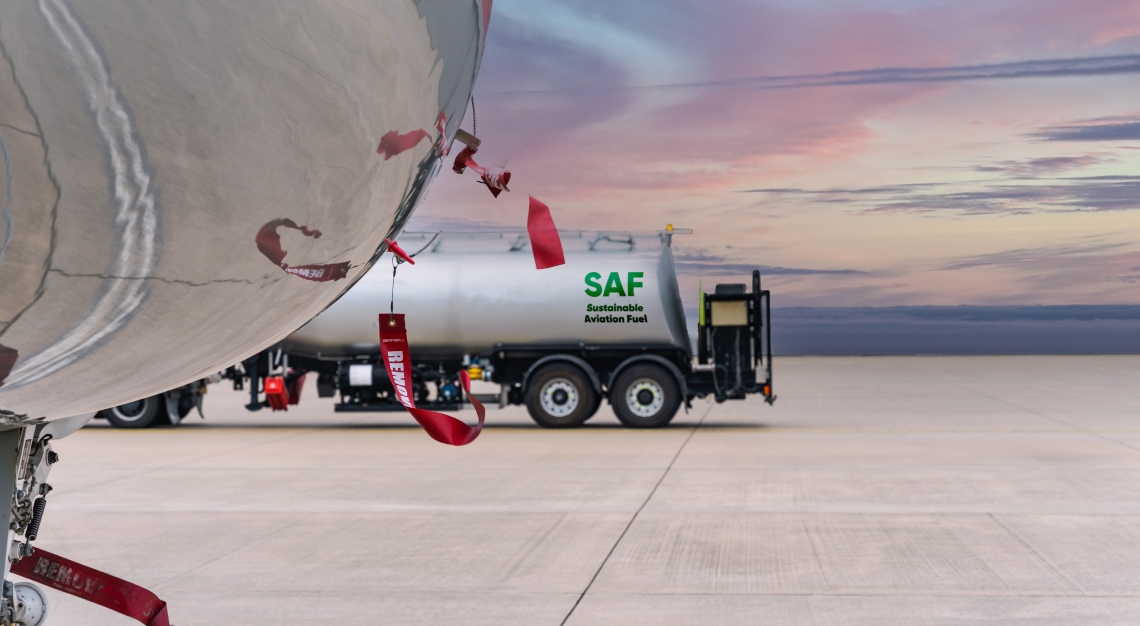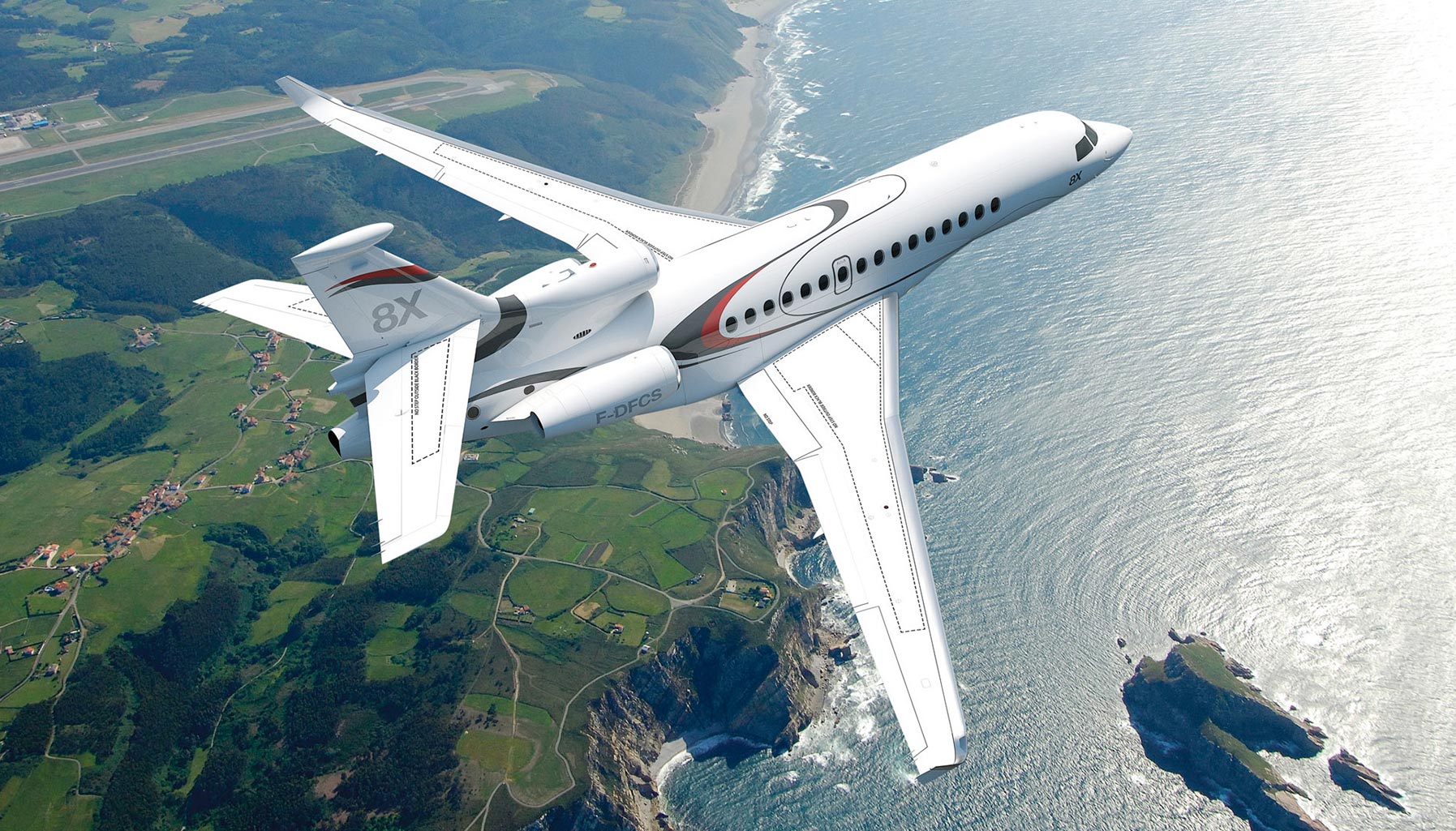The business aviation firm aims to become carbon neutral by 2025
Amid a global uproar over the environmental impact of private jets and proposals to impose taxes on those who use them – such as the one suggested by France’s transport minister Clement Beaune – VistaJet is forging ahead with its plans to become carbon neutral by 2025.
Early this month, the business aviation company announced that it has signed an agreement with fuel management firm Associated Energy Group (AEG Fuels), officiating its plan to purchase sustainable aviation fuel (SAF) produced by Austrian oil and gas company, Österreichische Mineralölverwaltung Aktiengesellschaft (OMV). Under this agreement, VistaJet will eventually replace more than 200,000 USG, or over 700,000 litres of conventional jet fuel with blended SAF. The change is expected to reduce carbon emissions by more than 165,000kg.
When it was established in 2004, VistaJet revolutionalised the private aviation industry with its fleet sharing model, which allowed members to pay only for the hours they fly. It’s an inherently greener way to enjoy private flights, because it negated the need for individual ownership of private jets. In addition, the firm operates a floating fleet, which reduces wasted resources from empty legs on repositioning flights.
With this new agreement, VistaJet hopes to lead the change in the private aviation industry and inspire its contemporaries to aim for meeting sustainability goals ahead of the deadline set by the civil aviation bodies and the International Air Transport Association (IATA). Currently, official guidelines are for firms to achieve net-zero carbon emissions by 2050, 25 years later than VistaJet’s 2025 aim. The firm believes that only multi-party cooperation can bring about an industry-wide transformation.
On top of fueling its aircraft with SAF, VistaJet has also taken up several other green initiatives, including reducing the use of single-use items on its flights by more than 90 per cent, and using artificial intelligence (AI) to achieve fleet optimisation, improving fuel-efficient consumption by eight per cent.






